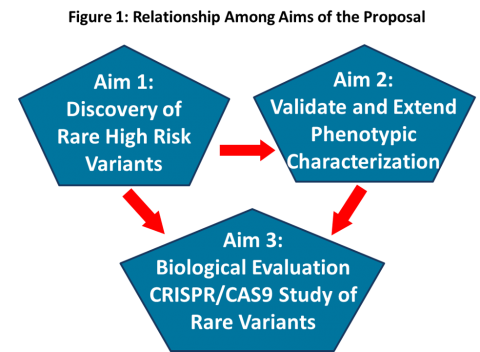
Lung cancer (LC) is the leading cause of cancer mortality in the U.S. Although tobacco smoking and other environmental exposures are the major contributors to lung cancer risk, multiple family studies have demonstrated that genetic factors significantly modulate risk. The Genetic Epidemiology of Lung Cancer Consortium has been collecting samples and data from individuals with a strong family history of LC for the last 20 years, and has assembled a unique resource of specimens and data. We have cancer phenotypes, detailed smoking exposure data and biological specimens available on multiple relatives in over 150 highly aggregated LC families (high-risk familial lung cancer families, HRFLC cases/families) as well as phenotype, genotype and smoking data on over 800 additional lung cancer cases who have a family history of at least one first or second degree relative with lung cancer but with no available biospecimen (familial lung cancer, FLC cases). We also have phenotype, genotype and smoking data available on over 700 unaffected individuals who are frequency matched to the cases on age and gender, most of whom are current or former smokers. For the past two years, next generation (Next-gen), whole-exome sequencing has been performed both on HRFLC (cases and informative relatives) and on selected FLC cases.
The goal of this research application is to identify genetic factors that confer a high risk for lung cancer and to characterize the mechanisms by which these factors influence lung cancer risk. Identifying genetic factors for lung cancer provides insight into the specific causes and pathways underlying its development. In addition, identification of high risk individuals would allow them to reap the greatest benefit from screening modalities and prevention measures.